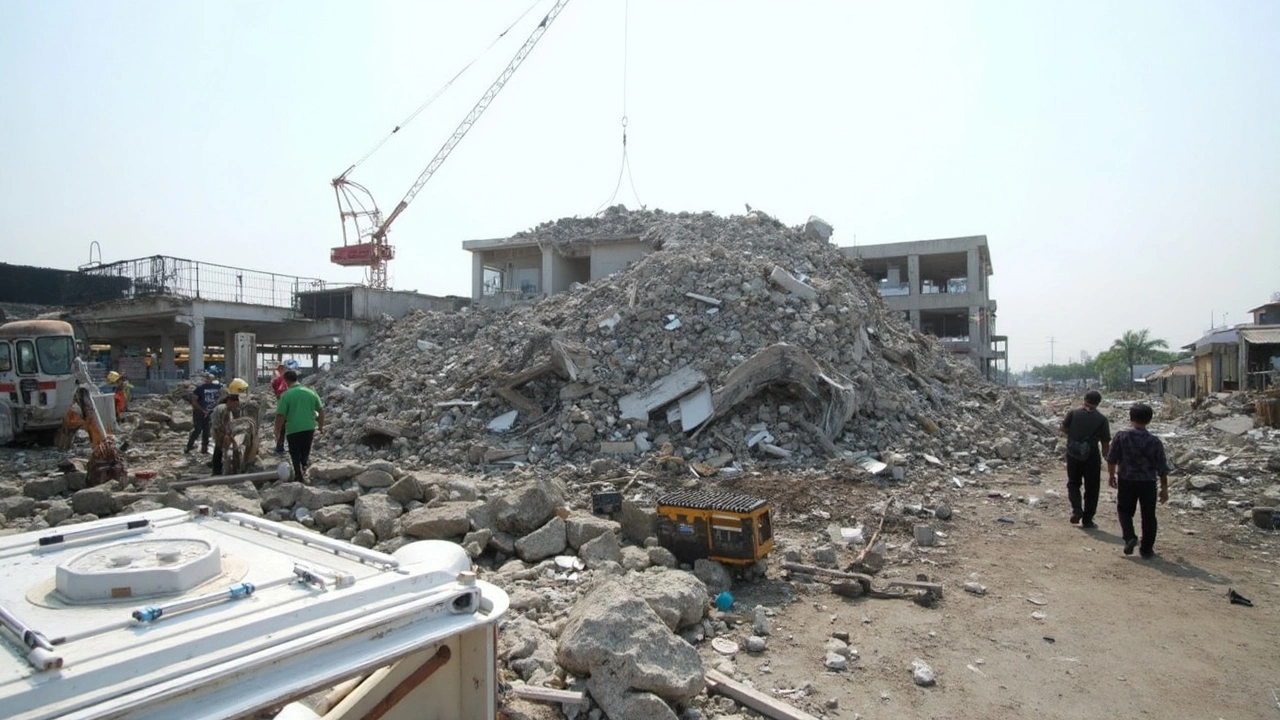Flight Disruptions: What They Are and How to Manage Them
If you’ve ever waited at the gate wondering why your plane isn’t boarding, you’ve faced a flight disruption. It can feel like a hassle, but knowing the basics helps you stay calm and prepared. In this guide we break down the main reasons flights get delayed or cancelled and give you easy steps to minimize the stress.
Common Causes of Flight Disruptions
Weather is the biggest culprit. Strong winds, heavy rain, fog, or snow can ground planes or make take‑offs unsafe. Even a short thunderstorm can cause a ripple effect that delays dozens of flights.
Air traffic control (ATC) limits also play a big role. Busy airports have strict slots for take‑offs and landings. When one flight runs late, the whole schedule shifts, and you may end up waiting longer than expected.
Technical problems with the aircraft are another factor. Engines, navigation systems, or even a broken seat belt can keep a plane on the ground until repairs are done. Airlines prefer to fix the issue rather than risk safety.
Strikes by airline staff, ground crew, or airport workers can shut down whole terminals. These labor actions often happen with little notice, leaving travelers scrambling for alternatives.
Finally, security alerts or sudden changes in regulations can suspend flights. A new restriction on a country’s airspace might force airlines to reroute or cancel flights at the last minute.
Practical Tips to Deal With Delays
First, sign up for airline notifications. Most carriers send text or app alerts the moment a gate changes or a delay is announced. This saves you from constantly checking the board.
Keep your travel documents and a copy of your itinerary handy on your phone. If a flight is cancelled, you’ll need them quickly to rebook or claim a refund.
Know your rights. In many regions, airlines must provide meals, accommodation, or compensation for long delays. A quick web search for “flight delay compensation + your country” can give you the exact rules.
Pack a small “delay kit”: charger, snacks, a reusable water bottle, and a book or headphones. Having these basics on hand makes an unexpected wait far more bearable.If you’ve got a connecting flight, ask the airline staff to rebook you on the next available route as soon as the delay is announced. They can often place you on a partner airline’s flight at no extra cost.
Consider travel insurance that covers flight disruptions. A good policy will reimburse you for meals, hotel stays, and even lost reservations caused by a cancelled flight.
When all else fails, stay calm and polite. Gate agents deal with many frustrated travelers, and a friendly attitude can get you faster assistance.
By understanding why flights get disrupted and following these simple steps, you can turn a potential nightmare into a manageable hiccup. Next time you’re at the airport, you’ll know exactly what to do and won’t be caught off guard.
